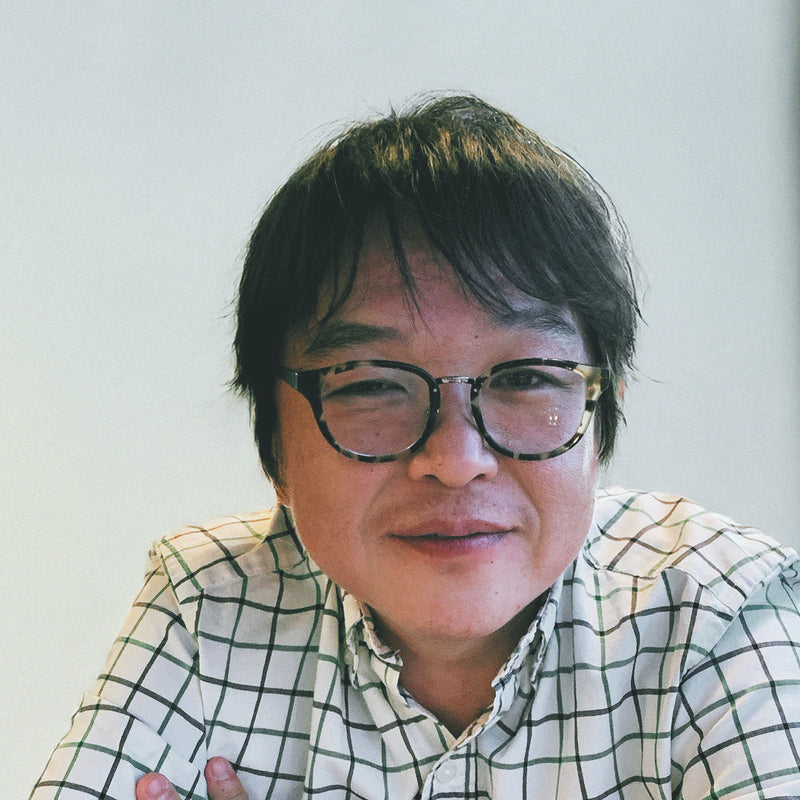The Discovery of Tea
Tea originated in China, and it dates back to the mythical emperor Shennong, who is known as the father of medicine and agriculture. To make medicine, he has tasted and eaten hundreds of herbs, including tea leaves, to understand their value and health benefits. Tea was discovered around 2700 BC, in the same era as Emperor Shennong.
The Divine Farmer's Herb-Root Classic was a book dedicated to Shennong and talks about tea at that time. It shows that tea was already discovered and drunk in the early ages. Later, in 59 B.C., Wang Bao wrote the book A Contract with a Servant. It includes instructions on buying and preparing tea, which indicated that tea was part of the diet at this point and was a commonly traded item. In that era, tea was still a luxury that only the elite of Chinese society enjoyed.
Arrival of Tea in Japan
During the Nara and Heian periods, many representatives from Japan were sent to China, and sometimes Buddhist scholars accompanied them. These Buddhists brought back tea leaves from China and marked the origin of tea in Japan.
In 1191, early Kamakura Period, Eisai visited Sung-dynasty China and brought back new tea leaves to Kyoto, and he wrote about it in 1214 in his first book, Kissa Yojoki (喫茶養生記).
Who was Eisai?

Eisai's full name is 'Myoan Eisai' (明菴栄西), and he was commonly known as Yōsai Zenji (栄西禅師) which translates to Zen master Eisai. He was a Japanese Buddhist priest and is known for bringing green tea leaves and the Zen Buddhism religion to Japan from China. He was born in the house of a religious priest at the Kibitsu shrine in Bizen on April 20, 1141. He studied the Tendai School of Buddhism at Anyouji Temple. He began studying Buddhist verses and vows at a very young age. Near Kyoto, at Mount Hiei, he became an ordained priest when he was fourteen.
He traveled to Mount Tiantai, also called Tendai in Japanese, when he was 28 for further studies about Buddhism. Mount Tendai is where the school of Buddhism was born. When he returned to Japan, he bought sixty volumes of Tendai-related texts. Eisai can be included among those who contributed to reforming the Buddhist religion.
Plantation of Green Tea in Japan
Firstly, the seeds were planted on Mount Sefuri. According to Eisai, Sefuri Mountain looked similar to Mount Tiantai, so he assumed it would be better to sow the seeds there.
Secondly, he gave some of the seeds to Myoue Shounen, a monk from Kosanji Temple in Kyoto. And in that way, tea was brought into the land of Uji. Some of Japan's most expensive tea is still cultivated in Uji. You can also say that it was the beginning of Japanese tea cultivation for making tea. That is why Eisai is known as "the father of tea" in Japan.
Facing criticism
Eisai faced a lot of criticism while he was actively promoting Zen. In 1194, monks from Enryakuji argued that Eisai was unconventionally occupied with establishing a new branch of Buddhism in Japan. He tried to defend his point and wrote the book 'Kozen gokokuron'. He wrote that it is not a different faith, but it has the essence of Buddhism. He explained that it is not about new teachings but is based on the basic principles of Buddhism. He faced criticism with great confidence and ensured that this would lead to the prosperity of the nation.
Stay in Tendai
He did a six-month-long stay in Tendai, where he mastered the teachings of Zen, a well-known Chinese Buddhist religion. It is a mixture of Mahayana Buddhism and Taoism, brought to China by Indian Buddhists. During his studies, he also studied philosophy. His second visit to China happened in 1187. After his second, he actively participated in promoting Zen. He built some small temples along the coast of the Inland Sea, where he studied the Zen religion. The essence of Zen religion is attempting to know the meaning of life directly without being misled by logical thought or language. He then spent four years as a disciple of Xuan Huaichang, who was the master of the Rinzai school. After that, in 1191, he received the certificate from the Zen teacher.
Introduced the Zen Rinzai Sect to Japan
Eisai demonstrated the superiority of Zen over the Buddhist disciple, producing annoyance and anger in the Tendai monks (a monk is a religious person who practices asceticism, either alone or with a group of monks) who were against the new sect. Eisai constantly faced criticism from Tendai and Shingon. But he continued to recite the Shingon magic formulas. A short time before his death, Eisai established a government and ordered a third Zen monastery. Easia was an important personality who played a significant role in the acceptance of Zen in the Japanese religious community.
Developed an Easy Method of Making Matcha
The tea that Eisai used to prepare was just loose-leaf sencha. In later years, long after Eisai, in Uji, some tea farmers invented the Tana. It is a shade roof made of straw that they put over the tea bushes. Due to which a modified amount of sunlight reached the tea leaves. It resulted in revered flavored tea that became a specialty of Uji. In modern times, it is known as matcha, and it has a unique taste and a different chemical composition due to being in the shade than the one that was prepared by Eisai. Due to this unique taste, matcha tea became more popular among the masses. Therefore, although the tea that was brought by Eisai into this region differs a lot from modern green tea, it has many benefits, and credit is still given to Eisai because he was the one who brought tea to Japan. Some of the benefits of tea are as follows:
A great benefit that is associated with drinking Japanese tea is that it helps prevent cancer. Research has shown that Japanese tea is composed of several different components, some of which help prevent cancer. Not only does it help one live a good life, but it will also help save someone's life. Many patients who had cancer saw a drastic improvement in their health by drinking green tea regularly.
Knowing the benefits of this tea, we came to the conclusion that it was a very wise and fair decision by Eisai to bring this magical tea to Japan. Now Japan has the largest number of people with the longest life span. Eisai will always be remembered when we talk about this tea and its benefits.
Get Free Bonus Books

Sign up for free to the Green Tea Club to get advice and exclusive articles about how to choose Japanese Tea, and tips, tricks, and recipes for enjoying Japanese tea.
About the author
Kei Nishida
Author, CEO Dream of Japan
Certification: PMP, BS in Computer Science
Education: Western Washington University
Kei Nishida is a Japanese green tea enthusiast, a writer, and the founder and CEO of Japanese Green Tea Co., a Dream of Japan Company. His passion for introducing America to the tea of his homeland was the catalyst for creating the only company that brings high-quality tea from Arahataen Green Tea Farms to the rest of the world. Learn more about Kei
























